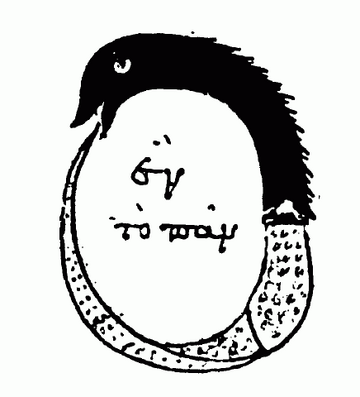Randall
J. Randall Murphy
The premise lies on the assumption that consciousness comes in units of measure that can be quantified as "more" or "less" complex in terms of experience depending on the complexity of the experiencer. But what is this really saying? It seems to be more of a comment on perceptual and intellectual performance than consciousness.“Horses less so. mice less so again... and so on?“ What tosh.
“It is at least coherent” and at most ... what? Rather: It is at least daft and at most highly contentious.
The only sorts of things that are reasonably safe to include in the set of things bearing consciousness, are those with neuronal structures sufficiently similar to our own. A super complex intelligent computer may have no experience at all of the world or of itself. Consciousness seems to be more dependent on design than complexity ( to me ).
Last edited:



 If you genuinely think this will help I will spend my entire free time reading....
If you genuinely think this will help I will spend my entire free time reading....